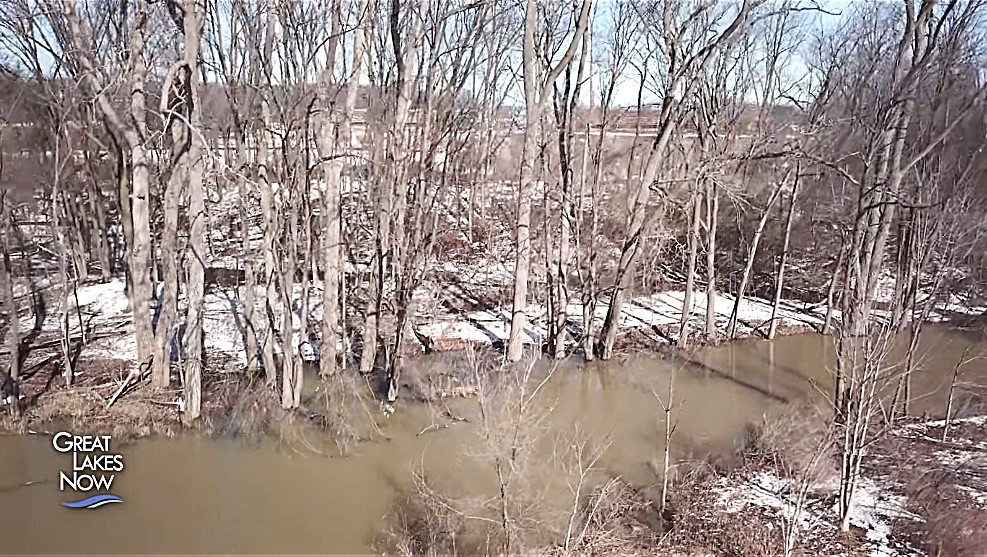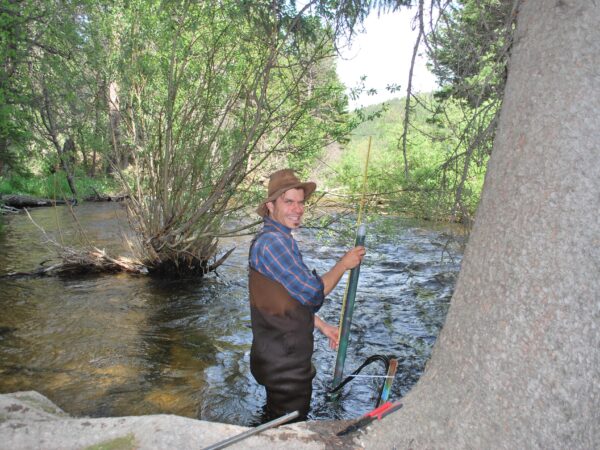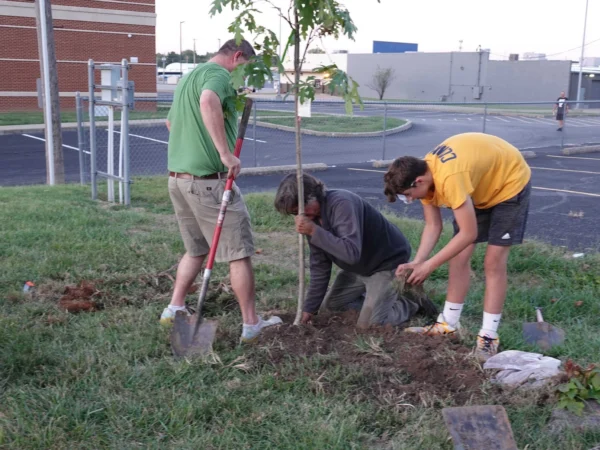
This lesson will explore the phenomenon of stonefly larvae as an indicator species for water quality in the Great Lakes and some of the citizen science efforts being done to utilize stoneflies to learn about the ecosystems in the Great Lakes. Students will create an infographic about an indicator species, learn about the history of canaries in coal mines, and model ecosystem health using an ecosystem model with indicator species.
- Know about the important role that stonefly larvae play in determining freshwater quality
- Understand how indicator species are used to determine the health of ecosystems
- Be able to simulate the health of a model ecosystem using intentional design and indicator species
View the entire lesson plan including teacher background information, worksheets and more below or download for free here.
Activity 1:
This activity is a video discussion of a Great Lakes Now segment featuring a citizen science effort to monitor an indicator species in southeast Michigan waters. During the video they need to jot down four things they took away from the video using the 4 Notes Summary Protocol.
Watch a Great Lakes Now Segment
Activity 2:
Birds serve as indicators of ecosystem health. If the region is strong enough to support a bird population and sustain it long term, that area is generally considered healthy; however, if the carrying capacity of a region decreases naturally, the declining bird population can serve as an indicator that something is wrong with the ecosystem. Black terns are one such bird that serves as an indicator of ecosystem health in the Great Lakes. And in particular, its migration patterns can give a picture of the Great Lakes region’s climate over time.
Activity 3:
The purpose of this activity is for students to research and communicate about an indicator species of their choice to explain how their indicator species functions in its environment.
Activity 4:
The purpose of this activity is for students to explore how certain bugs can reveal crucial insights about the health of our environment by modeling a typical Midwestern wooded area.
Learn all about Episode 2303: Fading Stars and River Bugs on its landing page.
If you use this lesson or any of its activities with your learners, we’d love to hear about it! Contact us with any feedback or questions at: GreatLakesNow@DPTV.org




